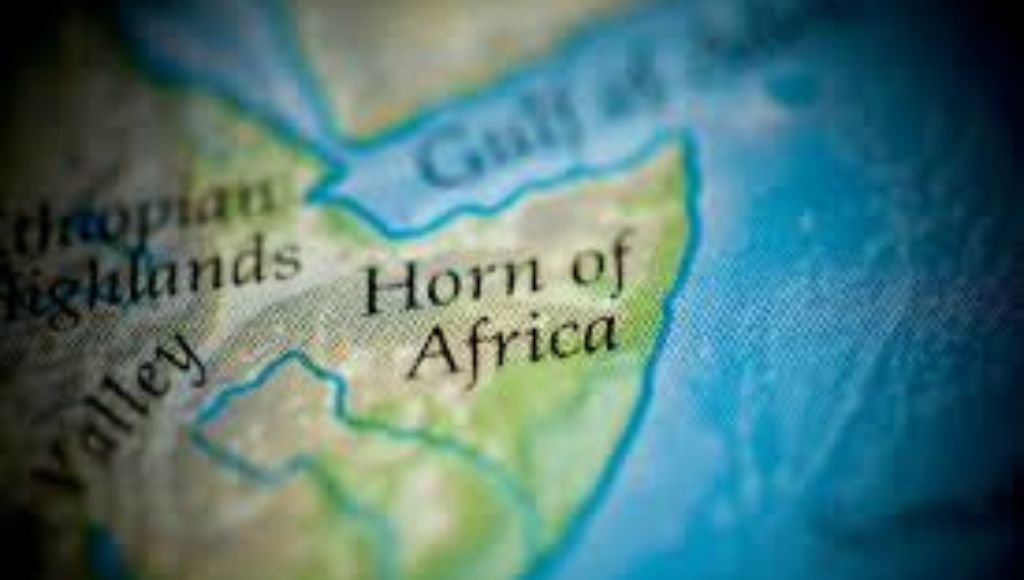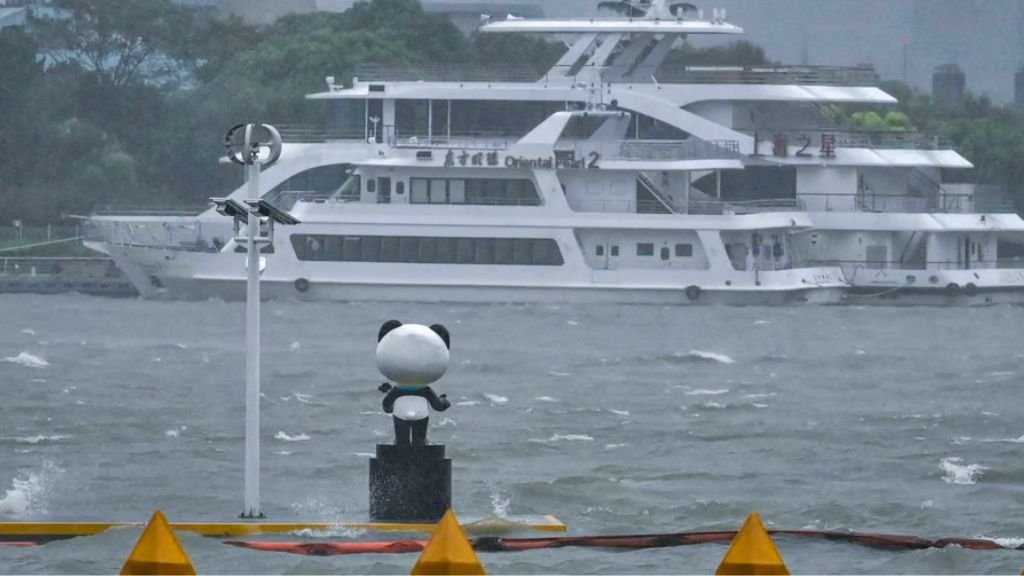The Horn of Africa is a region teetering on the edge of chaos, yet the world seems unaware of the impending disaster. On August 26, 2024, experts warned that the continued violence and instability in countries like Ethiopia and Sudan threaten to spill over into strategically vital locations such as Djibouti. If this happens, the effects could ripple across the globe, disrupting trade routes, maritime security, and potentially sparking wider conflicts. While the rest of the world remains focused on more immediate concerns, the problems brewing in the Horn of Africa could have far-reaching consequences.
The Horn of Africa, bordered by the Nile River, the Red Sea, and the Indian Ocean, is home to some of the most complex geopolitical dynamics in the world. It is where diverse geopolitical interests converge, involving maritime security, counterterrorism, and competition for resources. For decades, the region has been plagued by political unrest and ethnic tensions, driven by poor governance and the dominance of certain ethnic groups over others. Sudan and Ethiopia, two of the region’s largest countries, have both been engulfed in civil wars since 2020.
Read Also: Diane Lane and Kevin Costner Team Up Again for Thrilling Family Drama ‘Let Him Go’ – Watch Now!
In Sudan, conflict erupted in April 2023 between the Sudanese Armed Forces (SAF) and the Rapid Support Forces (RSF). What began as a power struggle between military leaders Lieutenant General Abdel Fattah al-Burhan of the SAF and Lieutenant General Mohamed Hamdan Dagalo of the RSF has now turned into a full-blown war. The battle for control has resulted in a humanitarian crisis, with thousands of lives lost and millions displaced. The violence has spilled over into neighboring countries, destabilizing the entire region.
Ethiopia has also suffered from relentless civil wars. The war between the federal government and the Tigray People’s Liberation Front (TPLF) shocked the world, leading to the Pretoria Agreement to end the conflict. But as soon as the dust settled, another civil war broke out between the Amhara Fano militia and the central government. The constant bloodshed has heightened ethnic tensions across the country, pushing Ethiopia closer to collapse.
Read Also: Spacecraft Zooms by the Moon and Captures Stunning Sci-Fi Footage – Watch Now!
The Horn of Africa is not just another region in turmoil; it holds immense strategic importance for the world. It is a bridge between Africa and the Middle East and a gateway to the oil-rich Persian Gulf. For over a century, it has been a hotspot for strategic power struggles. Its location, with ports on the Red Sea, the Gulf of Aden, and the Indian Ocean, makes it crucial to global trade and security. The Suez Canal, one of the most important maritime trade routes in the world, relies on the stability of this region.
One of the most affected countries in the region is Djibouti, a tiny nation that has become a key trading post and military hub. Djibouti shares a border with Ethiopia and has close ethnic, political, and economic ties with its neighbor. Ethiopia, being landlocked, relies on Djibouti’s ports for its imports and exports. Rebel groups in Ethiopia have repeatedly targeted this connection in their efforts to weaken the central government. If these efforts succeed, it could cripple Ethiopia’s economy and further destabilize the region.
Read Also: Black Myth: Wukong Takes World by Storm, Forcing Gamers to Learn About Chinese Culture
But Djibouti’s importance extends beyond trade. Its location at the mouth of the Red Sea makes it a vital military stronghold. The US, France, Saudi Arabia, and Japan all have military bases in Djibouti, and China, India, and Russia are also keen to establish a presence there. Despite the chaos surrounding it, Djibouti offers a valuable platform for projecting military power in the region. Any threat to Djibouti’s stability could have serious implications for global security, especially in terms of protecting shipping lanes and ensuring access to the Suez Canal.
The political instability and civil unrest in the Horn of Africa have already begun to affect international stability. The humanitarian crisis is spilling over into neighboring countries, straining their resources and creating new security challenges. Refugees are flooding into camps across the region, while armed groups are taking advantage of the chaos to expand their influence. Terrorist organizations such as al-Shabaab and the Islamic State have also established a foothold in the region, further complicating the security landscape.
The international community cannot afford to ignore the problems in the Horn of Africa. A coordinated response is urgently needed to address the political and security crises that are tearing the region apart. This means not only providing humanitarian aid but also taking steps to promote stability and peace. One of the key challenges is ending the support for dictatorial regimes that fuel these conflicts. Instead, the international community must back democratic movements and indigenous conflict resolution mechanisms that can address the root causes of these wars.
The world also needs to focus on resolving the competition for resources and addressing ethnic and linguistic rivalries that have fueled decades of violence. By supporting efforts to create more inclusive governments in countries like Ethiopia and Sudan, the international community can help to stabilize the region and prevent the spread of violence. Failure to act now could result in a conflict that engulfs the entire Horn of Africa, with devastating consequences for the global economy and security.
Read Also: Monkeypox Nightmare: Is This the Next Big Pandemic? What You Need to Know Now? Get the Facts Now!
The situation in the Horn of Africa is critical, and time is running out. The political and security problems in Ethiopia, Sudan, and Djibouti are not just local issues; they have global implications. As the violence continues to escalate, the international community must wake up to the reality of the coming war. If the world fails to act, the Horn of Africa could become the next major battleground, with consequences that will be felt far beyond the region.



